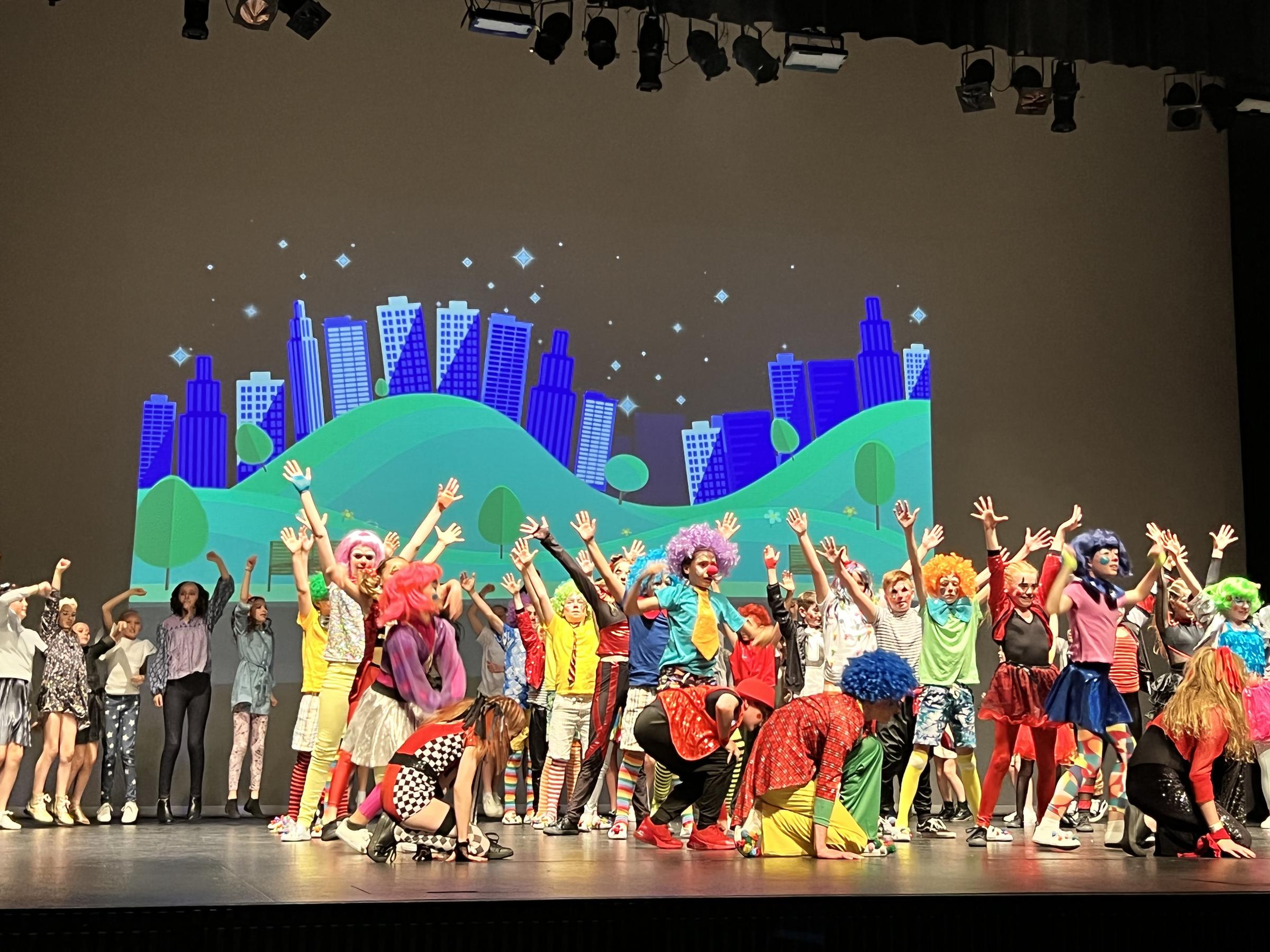From the Assistant Principal.

Dear Parents,
As you may be aware St Patrick's is undertaking the Berry Street Education Model at our school. The Berry Street Education Model (BSEM) is based on classroom strategies informed by approaches to trauma-informed learning and the science of wellbeing.
This model is broken down into five domains and focuses on using student-centred strategies and recognises the importance of strategies which are consistent across an entire school. These strategies provide teachers with the knowledge of how to foster student willingness and capacity for school achievement.
To build students' capacity and understanding of their managing their emotions and wellbeing all are engaging in Health lessons focusing on identifying their emotions, appropriate responses and how to self-regulate with strategies.
The following exert written by Michelle Sampson from the Berry Street Education Model is a great insight into self-regulation and how we, as adults, can support our young people in understanding and managing their emotions starting with our own!
- Self-Regulation.... What is it?
There are over 447 different definitions and many of them are just synonyms for the term self-control. However, self-regulation and self-control are very different. Self-control focuses on suppressing certain behaviours, whereas our definition of self-regulation focuses on the way we manage the tension from stressors in our environment and then return to calm.
- Everyone self-regulates!
The guy in the train who jigs his leg up and down. The kid who rocks back and forward on his chair. The teenager who constantly goes to the fridge for another thing to eat. These are all ways that individuals self-regulate. But there are self-regulation strategies that work well, or are adaptive e.g. focusing on your breath, or going for a walk outside, or patting your cat, and there are some strategies that are maladaptive- those that might reduce your stress in the moment but lead to problems in the future. You may have some children who don’t want to look you in the eye. These children often feel overwhelmed when someone looks directly at them and they give you a side glance or do what is called gaze aversion. This is a strategy in the moment that helps them to regulate their anxiety, but in the long run it impedes their growth in learning language or reading facial expressions. We want to guide them to use strategies that will work at their current stage of development but won’t impact negatively later on in life.
- How can I help my child through co-regulation?
When you encounter a child who is having a big feeling, a meltdown or is over-excited, the first thing you do is to go ZEN. By that I mean just pause and breathe. I know it sounds like it won’t have a big enough effect but the way an adult interacts with a child has a profound effect on the way they manage that stress. Another term for this is co-regulation.
- How does a child's brain work when facing 'big' emotions?
The child’s prefrontal cortex or thinking part of their brain goes offline when they’re having a big feeling and their limbic or feeling part of the brain takes the lead. If the limbic brain gets too stressed it will cause what is called a neural crash and they will revert to the most basic brain level – that of survival or the flight, fight or freeze response. When a child has gone into limbic brain or what is sometimes referred to as “emotional” brain, it has a contagion effect. Their brain frequency starts to vibrate at a more elevated level and all other brains in the vicinity start to vibrate at the same frequency – including yours! When a child is escalated watch what happens to other children in their orbit, and be aware of what you are thinking and feeling. If you intervene with a punitive or angry response, that child might go straight into flight, fight, freeze and then you have a bigger issue to deal with. Instead, go Zen and co-regulate.
Taken from an article written by Michelle Sampson, Berry Street Education Model.
https://www.berrystreet.org.au/news/teaching-self-regulation-in-early-childhood
Kind regards,
Ellen Dorrough
Acting Assistant Principal